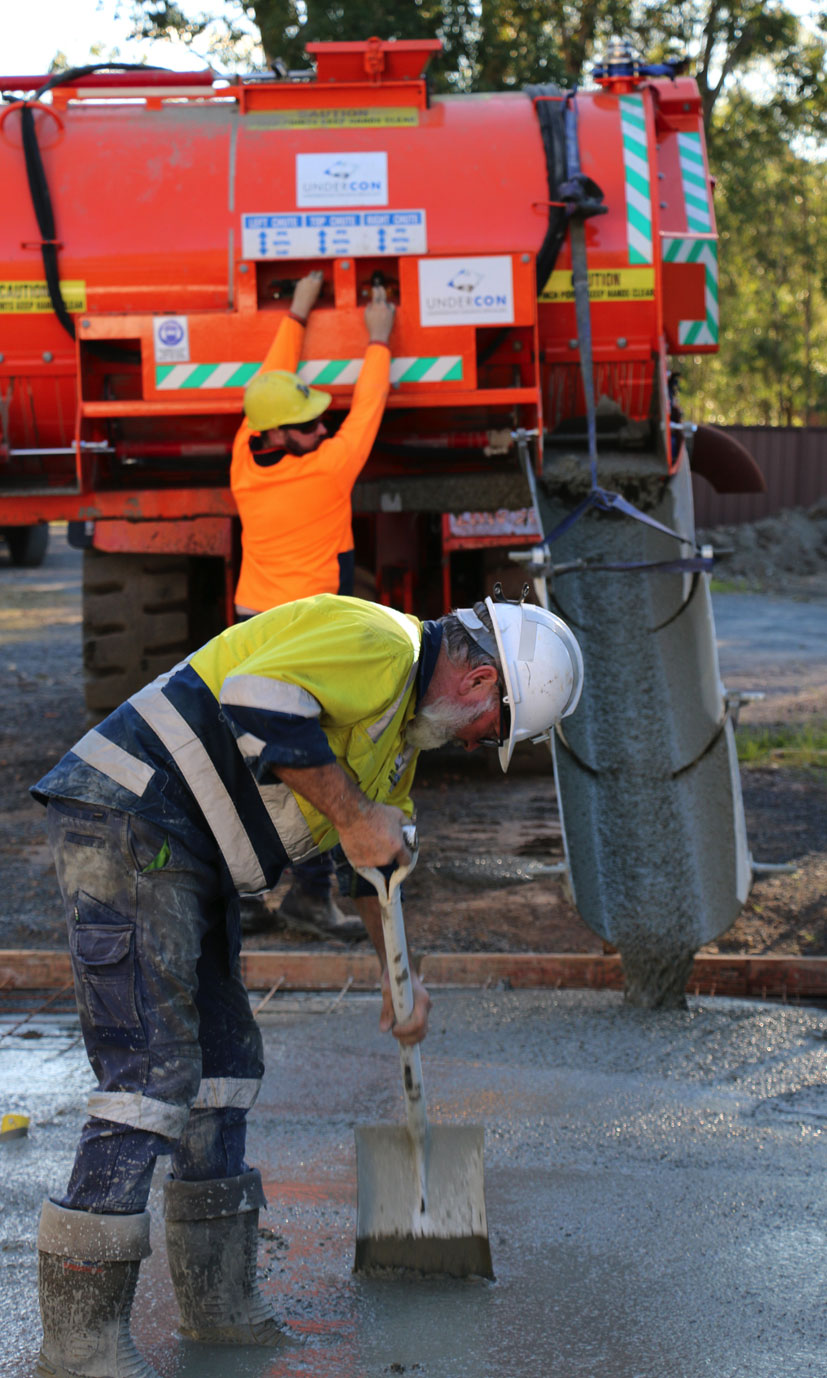What is Lightweight Concrete?
Lightweight cellular concrete, also known as foam concrete or aerated concrete, is a type of concrete that contains numerous small air bubbles or cells throughout its structure. These air bubbles are typically introduced by adding a foaming agent to the concrete mixture before or during mixing. These bubbles create a lightweight and highly insulating material with improved thermal and acoustic properties compared to traditional concrete.
The density of lightweight cellular concrete can vary depending on the specific application and desired properties, but it is generally much lower than that of conventional concrete. Despite its lightweight nature, it maintains good strength and durability, making it suitable for a wide range of construction applications.
Applications
- Insulation: Lightweight cellular concrete is often used as an insulating material in walls, floors, and roofs to improve energy efficiency and thermal comfort.
- Fill and Void Filling: It is used as a lightweight fill material in construction projects where weight considerations are important, such as filling voids, trenches, and abandoned pipelines.
- Backfilling: In civil engineering applications, lightweight cellular concrete can be used as a lightweight backfill material behind retaining walls or as a replacement for traditional backfill materials in areas with poor soil conditions.
- Fireproofing: Due to its low density and high insulating properties, lightweight cellular concrete is also used for fireproofing purposes, providing passive fire protection in buildings and structures.
Overall, lightweight cellular concrete offers a versatile and cost-effective solution for a variety of construction and engineering challenges, thanks to its unique combination of lightweight properties, thermal insulation, and structural strength.
Aerocreate are distributors for Ron Vermillion LLC and Associates, Blastcrete, and Omega Mixers, providing high-quality liquid foam concentrate, foam generators, concrete pumps and mixers.





